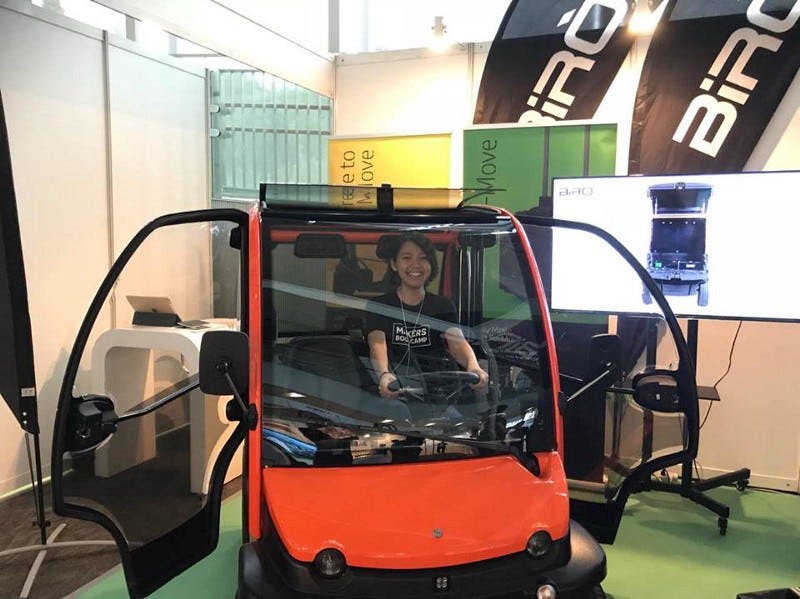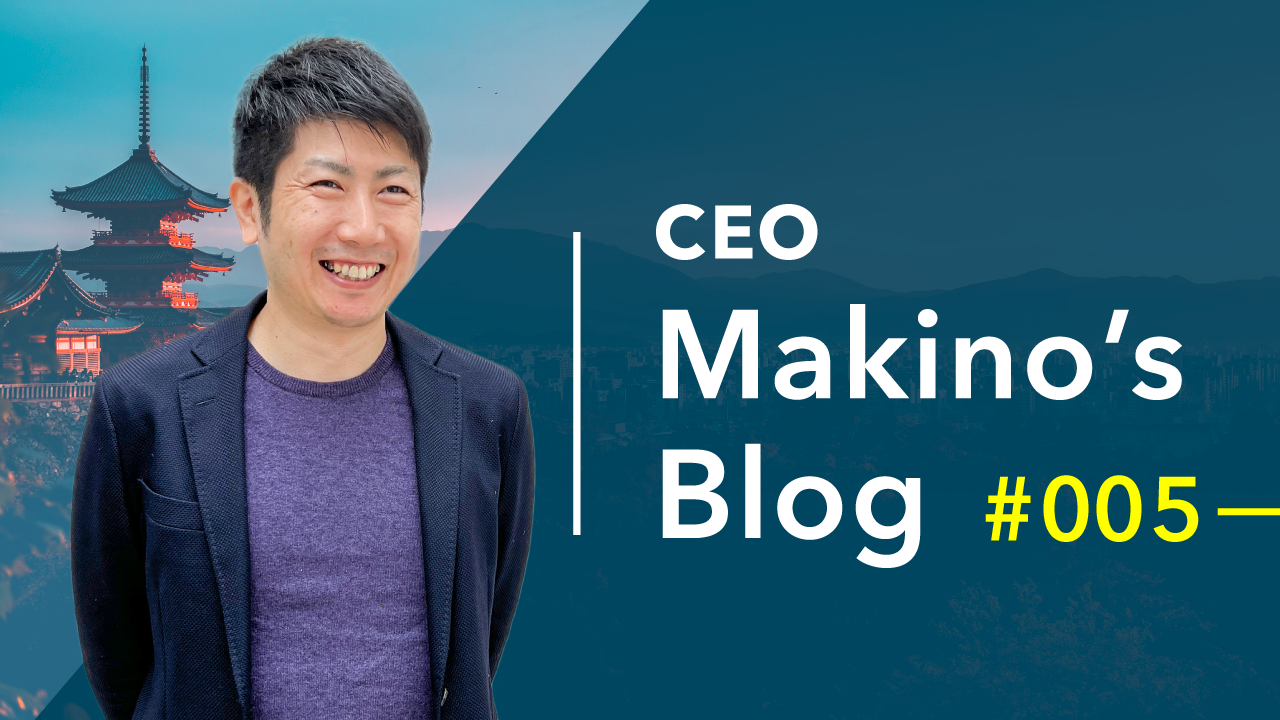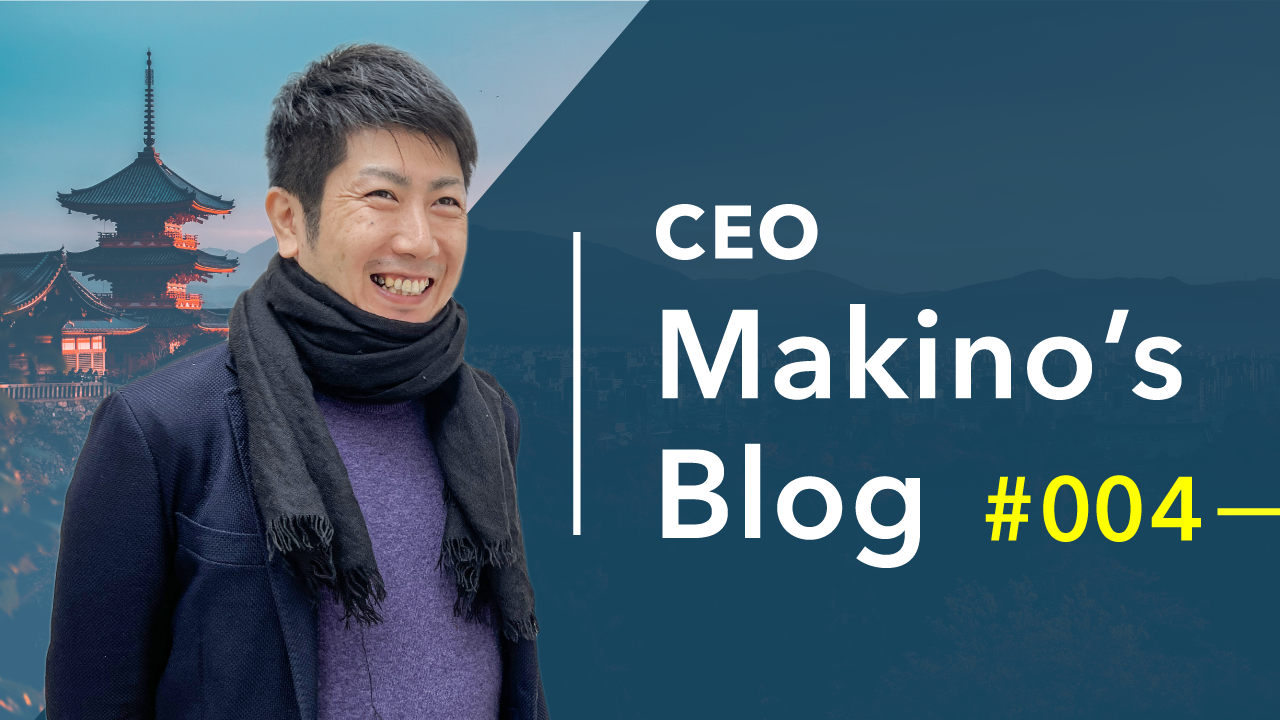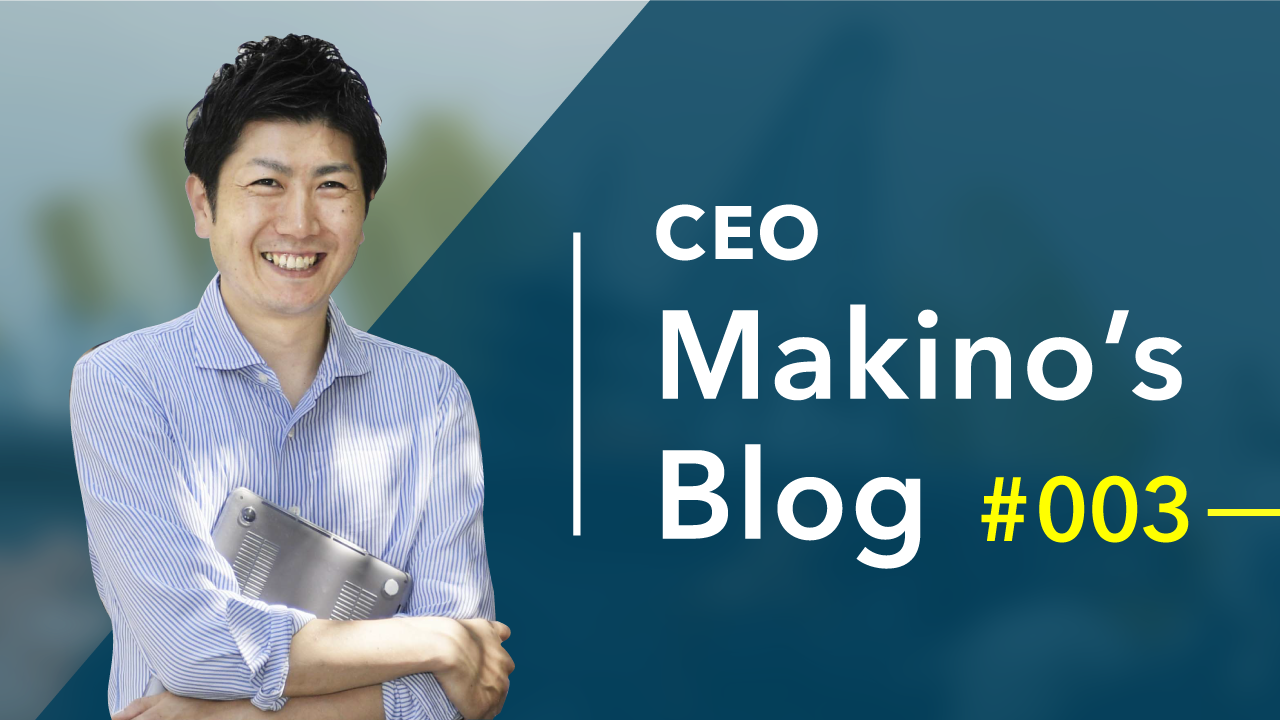Over 20 years after the Kyoto Protocol signature, global stakeholders met again at KICK Keihanna, Kyoto Prefecture, to talk about environment and energy, ICT, health and food, culture and education.
This year summit was focused on the theme of ‘Regions and Industries to create a sustainable and liveable future — Creating a meta-comfort smart society’, with a diverse program showcasing how new initiatives can empower cities to be more sustainable and inclusive for the benefits of its local population.
The two-day event drew over 100 exhibitors and 10,000 visitors for the latest trends in the sector, exhibiting a diversity of innovative applications in building a smart city, urban policy, research and technology development.


The displays included exhibition from industry’s main players in Japan, including Panasonic and NTT Docomo, many Japan’s city and county governments, as well as foreign companies from Indonesia, North America, South Korea and Taiwan. In addition, visitors could attend keynote speeches and seminars on a series of issues cities are facing as they look to get smarter. From the 5G mobile communication to the eco-friendly housing and driverless future, speakers covered a wide gamut of areas where innovative approaches are used to improve citizens’ lives.
Here are key takeaways from the event:
Frederik Tauber, CCO of Copenhagen-based BLOXHUB explained how sustainable urbanization and international collaboration in Copenhagen helps to meet the urban challenge and grow business globally. Wonderful Copenhagen, aka the capital of Danish hygge has already proved that tapping into the power of technology and big data can help cities move to green-growth economies. In 2014, it was awarded the international World Smart Cities Award in Barcelona for its plan to create a smarter city and has pledged to become the world’s first carbon-neutral capital by 2025.
Yasser Helmy, Smart+Connected Communities, APJC, Cisco Head of Sales talked about the challenges and opportunities of the digitalization. He pointed out that city agencies often face significant hurdles when it comes to enacting technological changes. Yasser urged the need to wisely apply the appropriate networking technology strategies stressing that ‘sensors do not live in cities, people live in cities!‘.
Jussi Rönty from VTT Technical Research Centre of Finland Ltd presented regional efforts to develop smart living technologies for the ageing population. Finland has one of the oldest populations in Europe and the increasing number of retired citizens places a greater strain on a dwindling working-age population. Innovative companies in Finland have already begun seeking new ways to respond to the needs for care and support of elderly with declined functional ability.
Chen-Yu Lee from Taipei Smart City Project Management office introduced new government initiatives to transform Taipei into a ‘living lab’ where citizens can access innovative services through industry matchmaking. He encouraged communities not to be afraid of failed experiments, which are meant to eventually trigger a general culture shift in the city and bring people closer to creating smart projects.
According to what researchers from Quebec R&D organizations and universities have shown, connected technologies in the city map has helped Canadians to get prepared for the challenges ahead. Info-neige, in French ‘Info-snow’ is an app that keeps citizens updated about snowfall amounts in the city, so they can plan their daily life more efficiently. Also, smart traffic lights use artificial intelligence to prevent road congestions and keep traffic rolling right along.
Christophe Guy from Concordia University demonstrated the positive impacts of the use of solar & geothermal for net-zero houses and buildings on various aspects of urban life, while Sébastien Tremblay from Joint Research Unit for Urban Sciences provided use cases for applied AI and potential solutions to issues in transportation and security.
To wrap up, Kyoto Smart City Expo 2018 was undoubtedly a resourceful event. It enabled attendees to meet all cross-industry players at one place, take a peek at the image of the future they suggest and deepen the understanding of current industry trends and other hub needs, based on case studies sharing.
The next Smart City event will be held in Barcelona on November 13–15 and will exhibit many innovative companies, including Kyoto-based startups Cabot and Stroly.
Read about our matchmaking session with Cabot in Kyoto with Singaporean investors!










